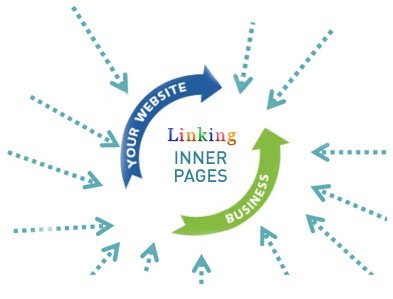7 Reasons Why Your Big Salaried Job Is Like Crack Cocaine
Many individuals are trapped in the vicious cycle of chasing after high-paying jobs. While these positions may provide financial security and a sense of accomplishment, there are striking similarities between holding a big salaried job and the addictive nature of crack cocaine.
In this post, we will explore seven reasons why your big salaried job can be compared to crack cocaine, shedding light on the potential dangers and pitfalls that come with such a lifestyle.
The Initial High: When Success Becomes Addictive
Just like the initial rush experienced by crack cocaine users, securing a big salaried job can provide an intoxicating sense of achievement.
The recognition, status, and financial rewards can quickly become addictive, leading individuals to pursue even greater success.
Diminishing Returns: Chasing Bigger and Better Opportunities
Similar to how crack cocaine users develop a tolerance and require larger doses to experience the same high, individuals in big salaried jobs often find themselves constantly chasing more significant and better opportunities.
The desire for more tremendous success can become insatiable, leading to a never-ending cycle of ambition and restlessness.
Dependency and Withdrawal: Fear of Losing the Job
Just as crack cocaine users experience withdrawal symptoms when deprived of the drug, individuals in high-paying jobs often develop a dependency on their income and lifestyle.
The fear of losing the job, along with the financial stability and perks associated with it, can create a constant state of anxiety and stress.
Burnout: The Exhausting Pursuit of Perfection
In the pursuit of success, individuals in big salaried jobs often push themselves to exhaustion. Similar to how crack cocaine ravages the body, the relentless pressure to perform and achieve perfection can lead to burnout, affecting both physical and mental well-being.
Disrupted Personal Life: Sacrifices for Career Success
Crack cocaine addiction can tear apart personal relationships, and similarly, a big salaried job can wreak havoc on one’s personal life.
Long hours, demanding schedules, and the constant need to prioritize work over personal commitments can strain relationships with loved ones and lead to feelings of isolation.
Detachment from Reality: The Bubble of Corporate Culture
Individuals immersed in a big salaried job can find themselves detached from the realities of the world outside.
The corporate culture’s norms, values, and priorities can create a bubble that isolates individuals from diverse experiences and perspectives.
False Sense of Security: The Fragility of Job Stability
Just as crack cocaine users experience a false sense of security in their addiction, individuals in big salaried jobs may perceive their job stability as guaranteed.
However, economic downturns, industry shifts, or corporate restructuring can quickly shatter this illusion, leaving individuals vulnerable and uncertain about their future.
Conclusion
While big salaried jobs may offer financial security and social standing, it is crucial to recognize the potential dangers of becoming too reliant on such positions.
The addictive nature of success can lead to diminished returns, personal sacrifices, and an overall detachment from reality.
By understanding these parallels, individuals can strive for a more balanced career approach and prioritize their overall well-being.
Frequently Asked Questions (FAQs)
1. Can a big salaried job be as addictive as crack cocaine? While the comparison is metaphorical, it highlights the potential dangers of becoming overly dependent on career success and the detrimental effects it can have on various aspects of life.
2. What are some signs of burnout in a high-paying job? Signs of burnout can include chronic exhaustion, decreased productivity, cynicism, and a lack of interest or satisfaction in work.
3. How can I maintain a healthy work-life balance in a demanding job? Maintaining a healthy work-life balance requires setting boundaries, prioritizing self-care, delegating tasks when possible, and effectively communicating your needs to your employer and loved ones.
4. Are there any benefits to pursuing a high-paying job? Indeed, high-paying jobs can provide financial stability, professional growth opportunities, and a sense of accomplishment. However, it is essential to strike a balance and not let these benefits overshadow other vital aspects of life.
5. What steps can I take to reduce the adverse effects of job dependency? Building a strong support network, investing time in hobbies and personal relationships, and cultivating a sense of purpose beyond work can help mitigate the adverse effects of job dependency and create a more fulfilling life.







